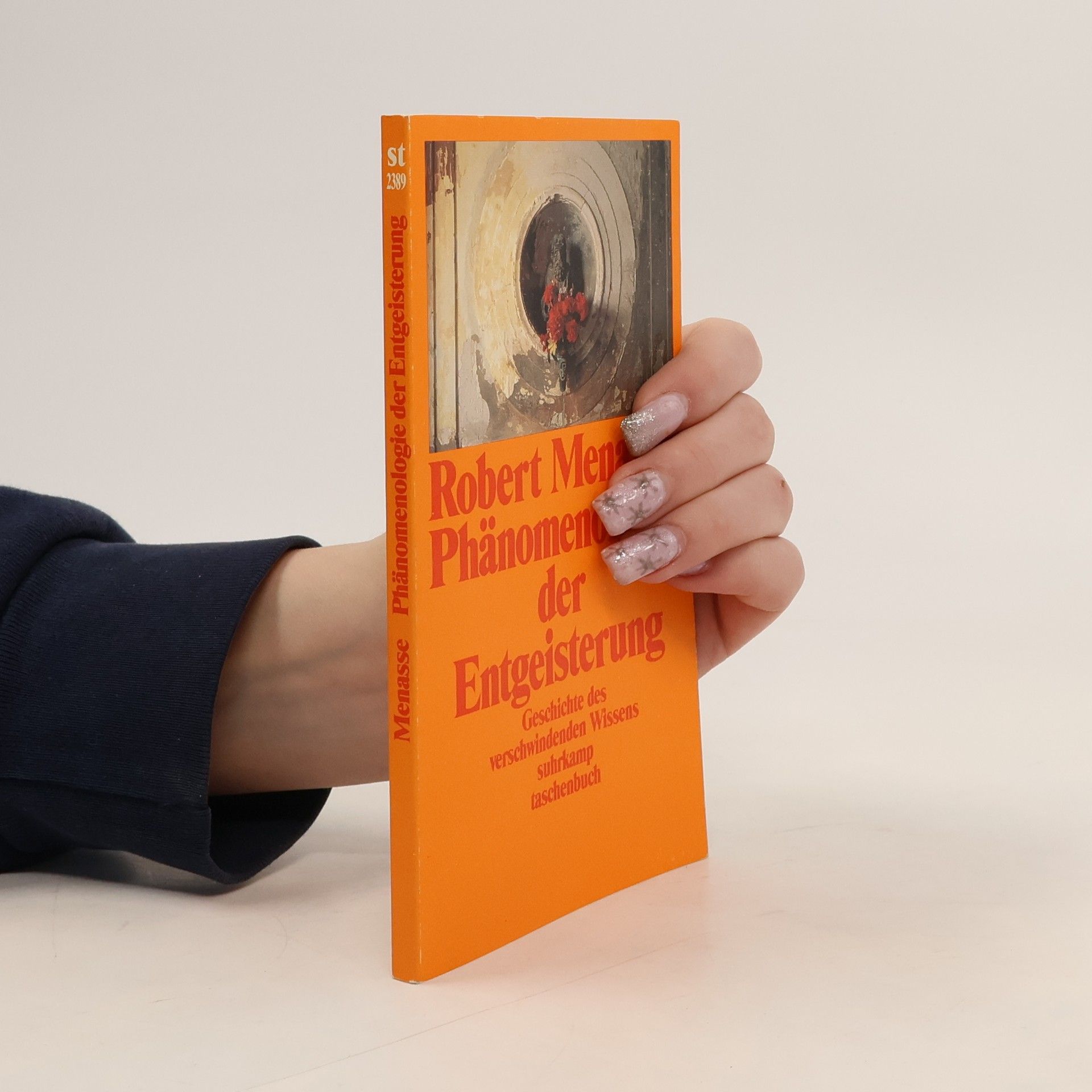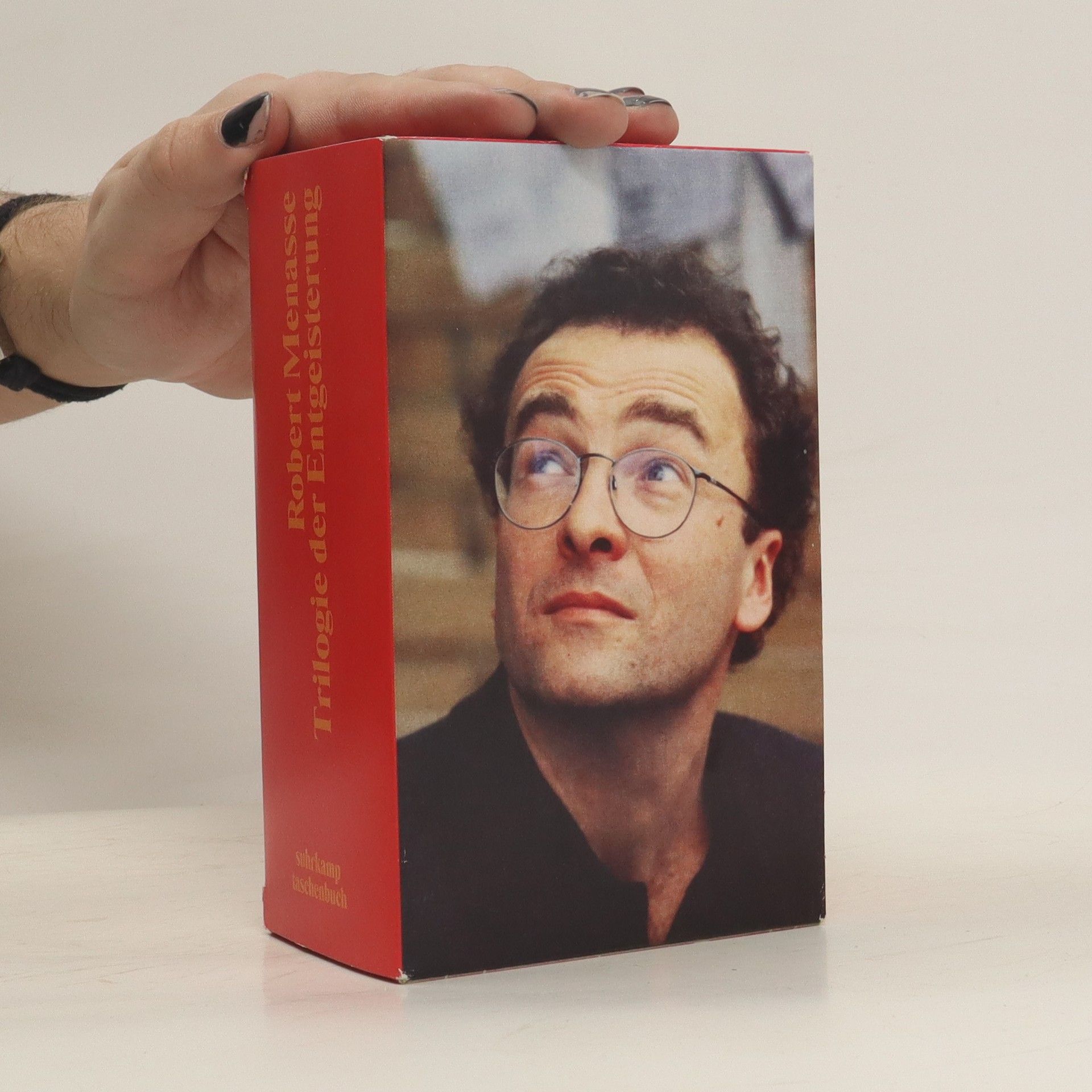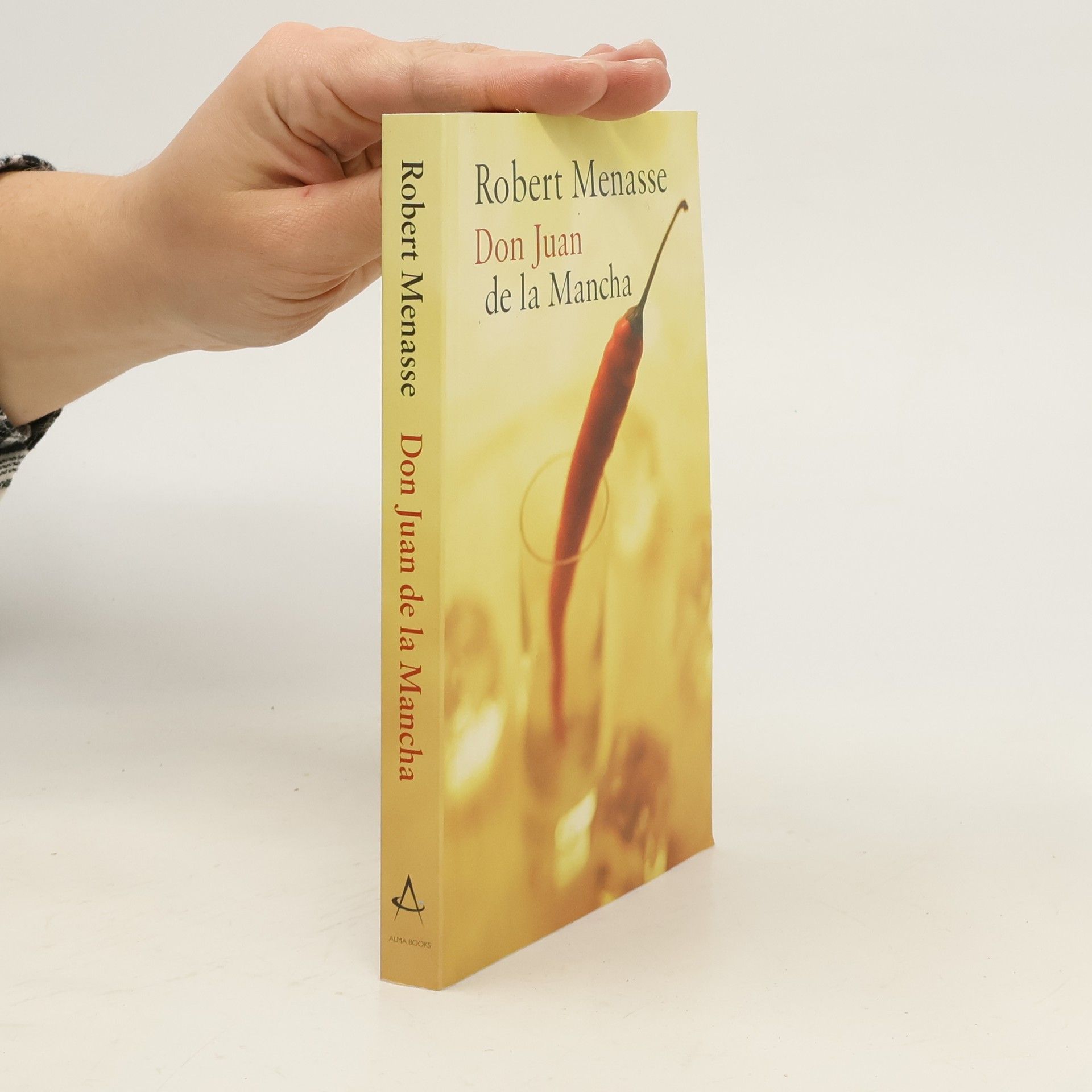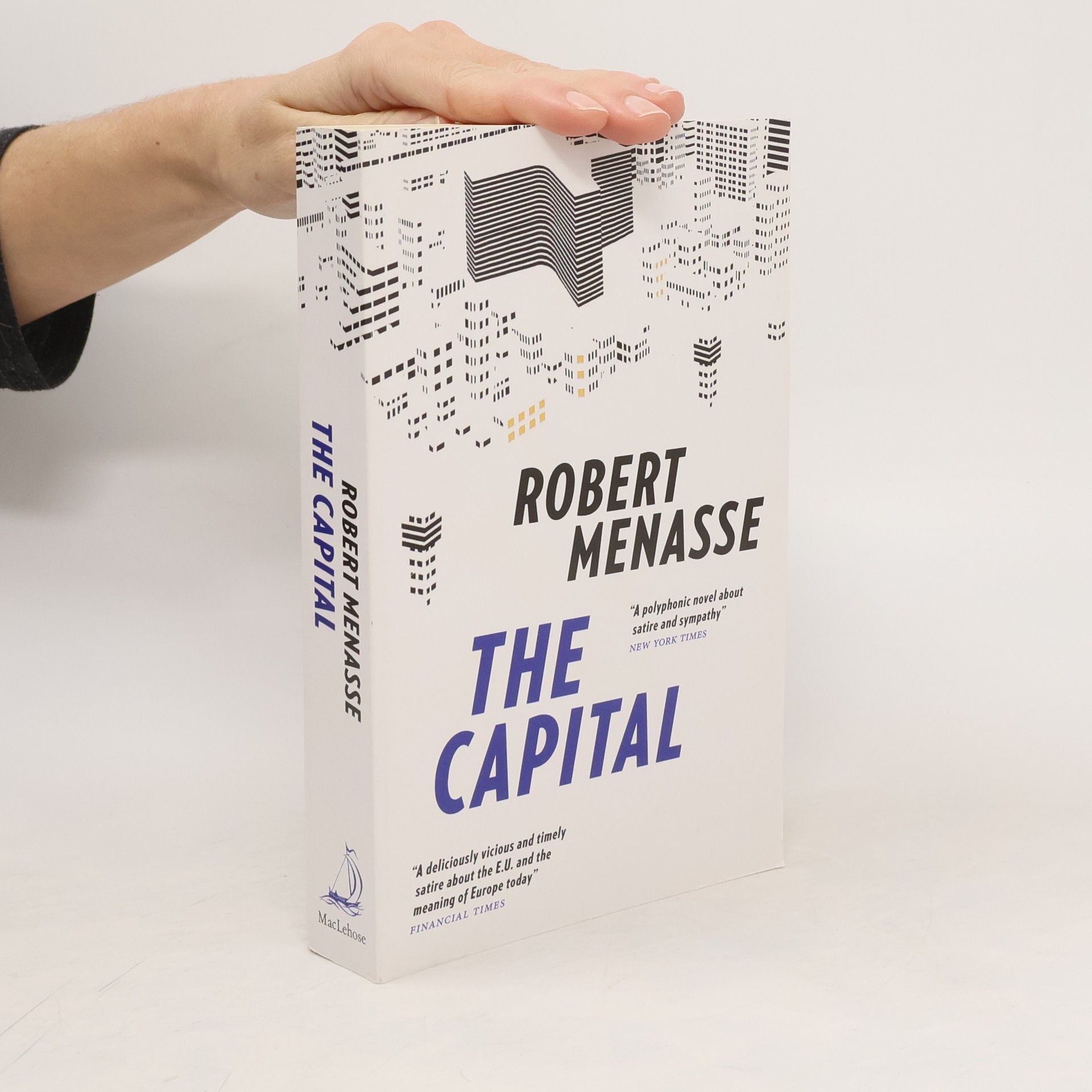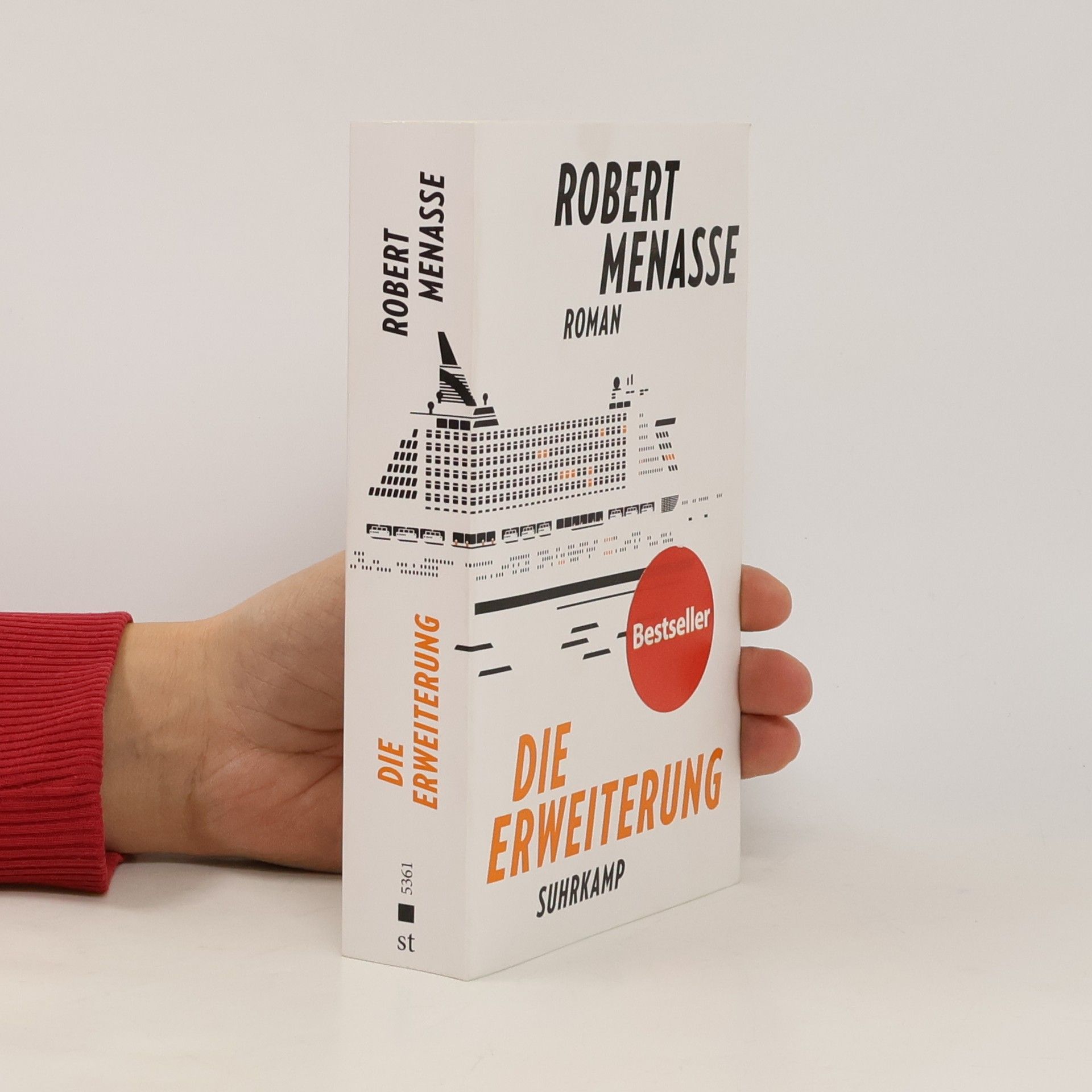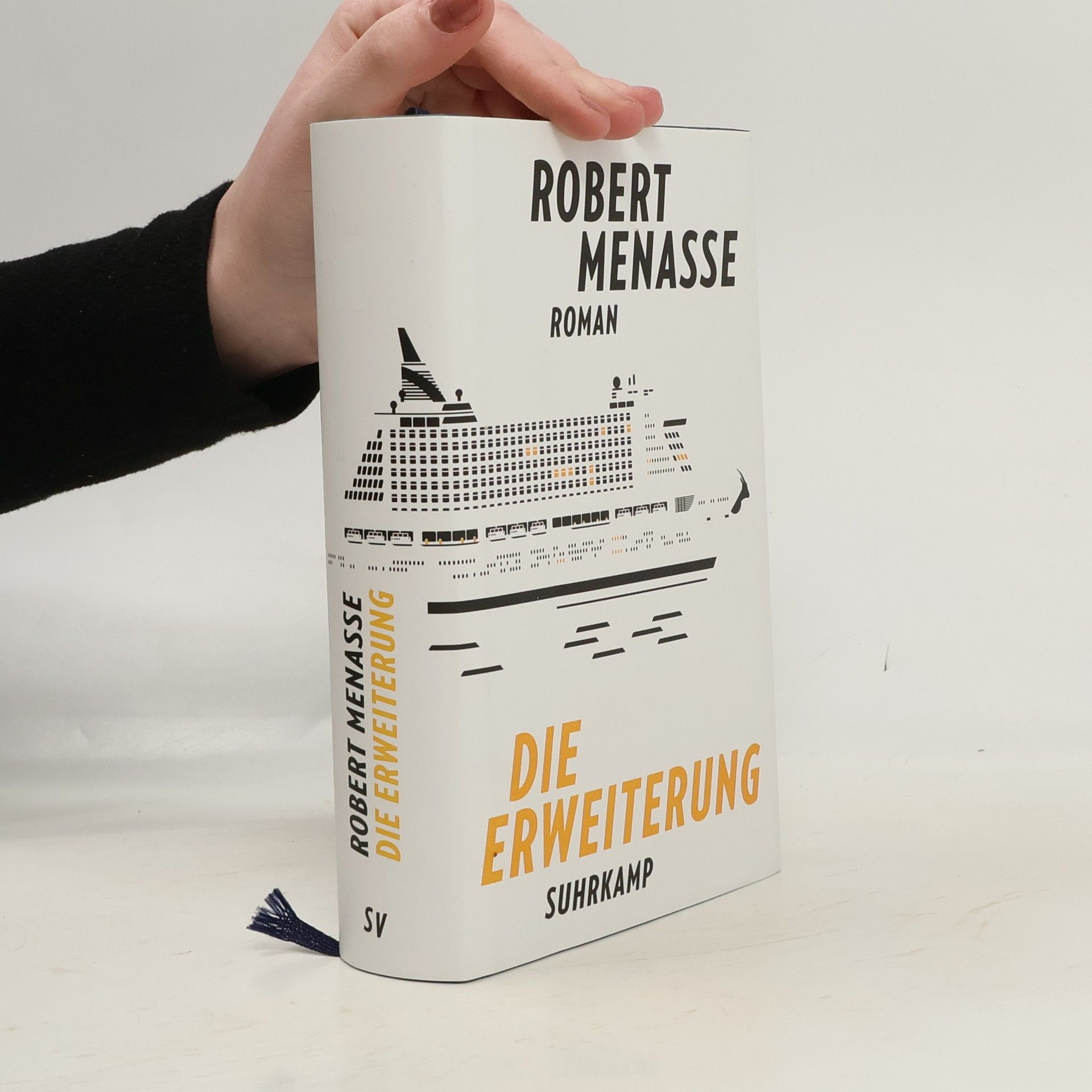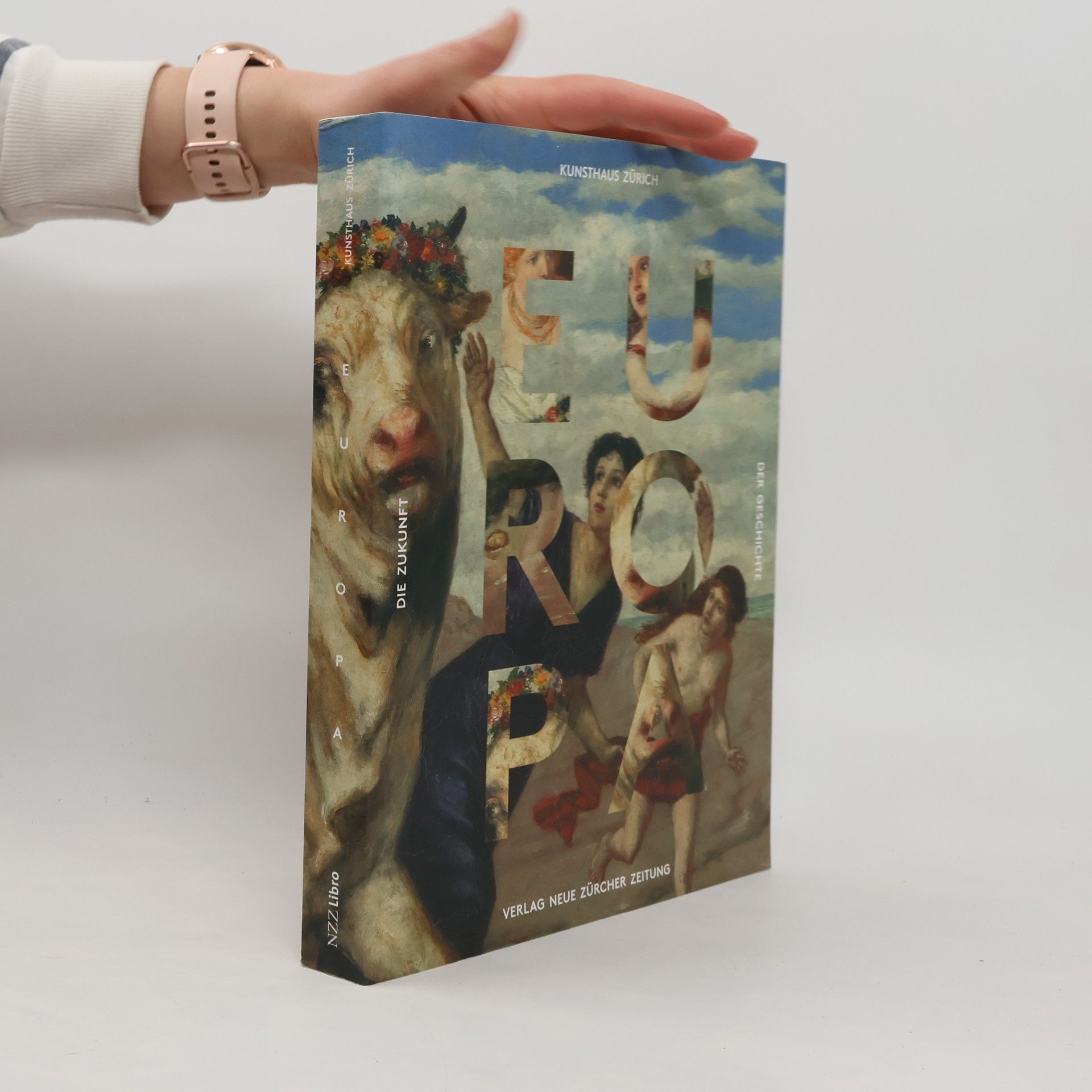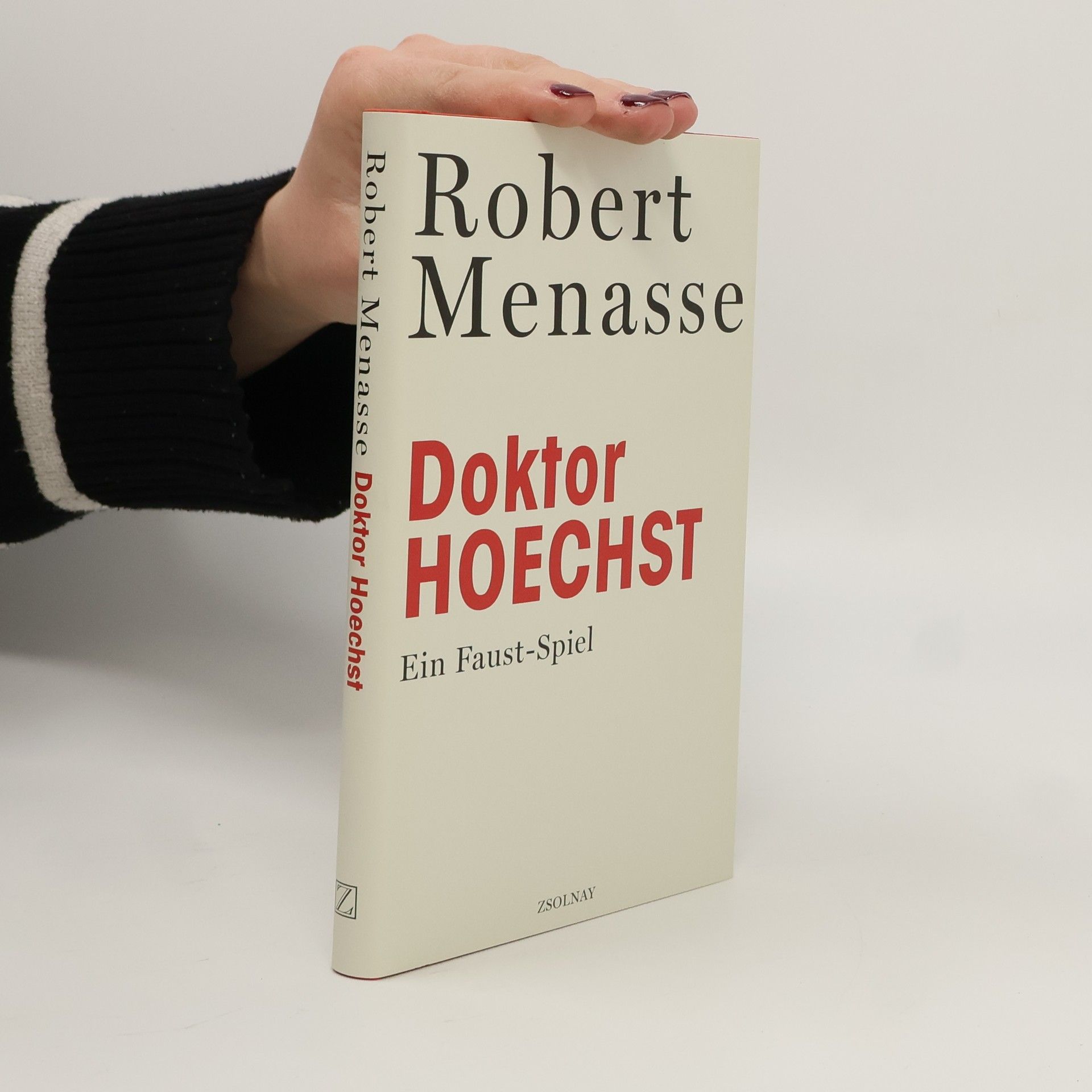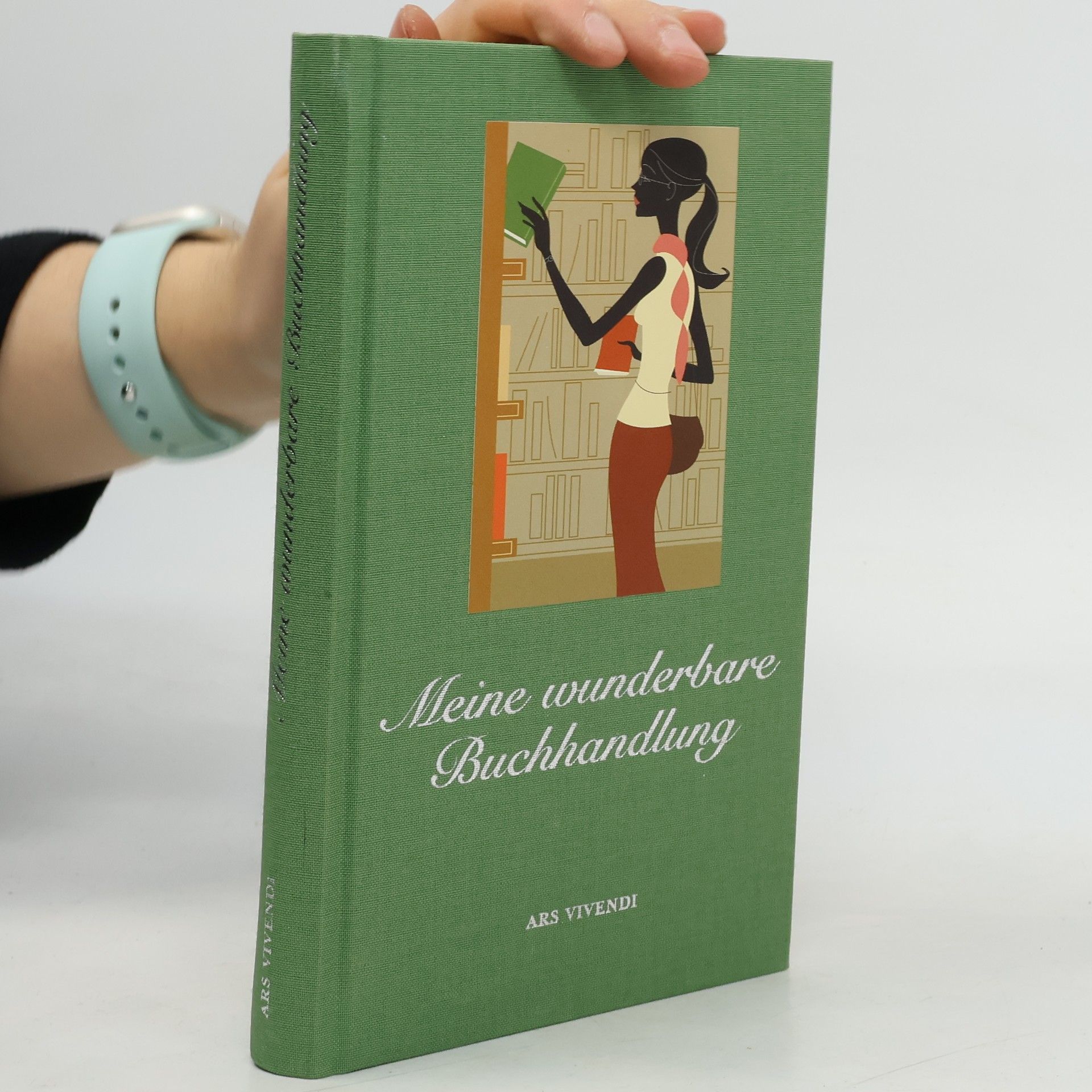Die Welt von morgen
Ein souveränes demokratisches Europa – und seine Feinde | Eine Streitschrift für das Friedensprojekt Europa
Robert Menasse erklärt und verteidigt – im Jahr der Europawahl – die europäische Idee, lädt aber auch dazu ein, die systemischen Widersprüche der Union zu kritisieren und zu überwinden. Die Alternative, vor der wir stehen, ist nicht kompliziert: Entweder gelingt das historisch Einmalige, nämlich der Aufbau einer nachnationalen Demokratie, oder es droht ein Rückfall in das Europa der Nationalstaaten. Das wäre eine weitere Niederlage der Vernunft – mit den Gefahren und Konsequenzen, die uns aus der Geschichte nur allzu bekannt sein sollten.In Die Welt von Gestern schildert Stefan Zweig das kosmopolitische Europa vor 1914. Als er seine Erinnerungen niederschreibt, existiert es nicht länger, »weggewaschen ohne Spur« von der faschistischen Barbarei. Zweig stirbt 1942. Aber das übernationale Europa bekommt nach 1945 eine zweite Chance. Visionäre stoßen ein epochales Friedensprojekt an, Grenzen fallen, der Nationalismus weicht der Kooperation.Doch auch dieses Projekt könnte schon bald Geschichte sein. Demokratische Defizite führen zu Protest. Mannigfaltige Krisen machen den Menschen Angst. In vielen Mitgliedstaaten schüren Politiker, die von den Erfahrungen der Gründer nichts mehr wissen (wollen), einen neuen Nationalismus. Heute steht Europa wieder am Scheideweg. Wie wird die Welt von morgen aussehen?

